Supplement-Drug Interaction Checker
Results
Many people believe that if something is labeled "natural," it must be safer than a prescription drug. You see it on labels: "100% natural," "plant-based," "no chemicals." It sounds comforting. But here’s the truth: natural doesn’t mean safe. In fact, some of the most dangerous drug interactions happen when people mix herbal supplements with their prescription medications - and they have no idea.
Why "Natural" Feels Safe (But Isn’t)
The idea that nature equals safety is deeply rooted in culture. We trust trees, roots, and herbs because they’ve been around for centuries. We distrust labs and chemicals because they feel artificial. But that’s a psychological bias, not science. Take St. John’s wort, a popular supplement for mild depression. It’s sold in health food stores, often right next to vitamin B12. People assume it’s harmless because it’s herbal. But St. John’s wort can make birth control pills fail. It can reduce the effectiveness of blood thinners like warfarin. It can trigger manic episodes in people with bipolar disorder. And yet, most users don’t know this. A 2022 Consumer Reports survey found that 68% of supplement users think the FDA tests these products for safety before they hit the shelves. They don’t. Not even close.How Pharmaceuticals Are Tested - And How Supplements Aren’t
Pharmaceutical drugs go through a gauntlet. Before a pill hits the market, it must pass multiple phases of clinical trials involving thousands of people. The FDA requires proof of safety, effectiveness, and consistent manufacturing. Every batch is tested. Every ingredient is documented. Facilities are inspected. Post-market surveillance tracks side effects for years. Herbal supplements? They operate under the Dietary Supplement Health and Education Act (DSHEA) of 1994. That law lets companies sell supplements without proving they work or are safe. The FDA can only step in after someone gets hurt - and even then, enforcement is slow and rare. In 2023, the FDA issued just 35 warning letters to supplement makers despite thousands of potentially dangerous products on the market. The difference in cost is staggering. Bringing a new pharmaceutical to market can cost over $1 billion. Developing a new herbal supplement? Often less than $100,000. No large trials. No long-term safety data. Just a claim, a bottle, and a shelf.When "Natural" Turns Deadly
There are real, documented cases where natural products caused serious harm - sometimes death. - Kava, once popular for anxiety, was linked to severe liver damage. Several cases led to liver transplants. It’s banned in Canada and restricted in Europe. - Ephedra, used in weight-loss and energy supplements, caused heart attacks and strokes. The FDA banned it in 2004 after dozens of deaths. - Foxglove - the pretty purple flower - contains digoxin, the same compound used in heart medication. Eat the plant, and you can overdose. Die. Even common herbs like echinacea and ginkgo have been studied extensively. A 2019 trial with over 3,000 older adults found ginkgo didn’t prevent dementia. Echinacea doesn’t reliably prevent colds. But people still take them daily, believing they’re doing something good for their health.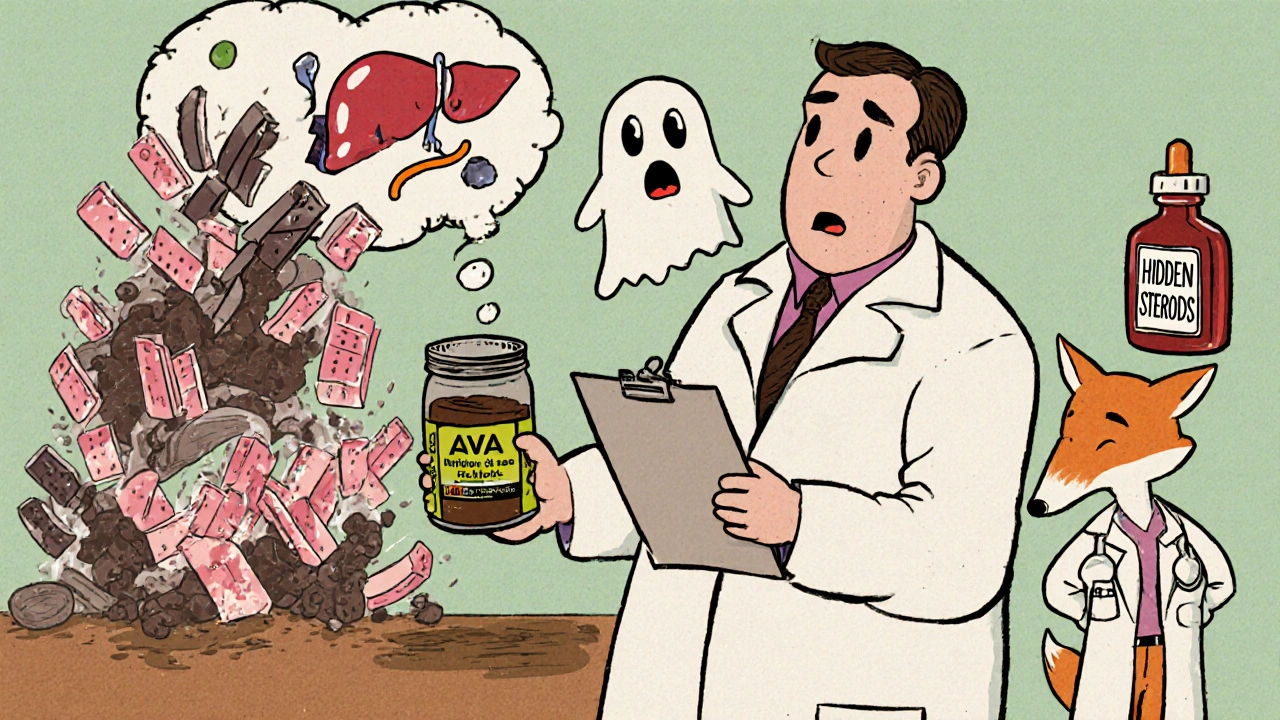
The Silent Danger: Interactions You Never See Coming
The biggest risk isn’t the supplement itself - it’s what it does when mixed with your meds. - St. John’s wort interferes with more than 50 medications, including antidepressants, HIV drugs, and chemotherapy agents. - Garlic supplements can thin your blood. If you’re on aspirin or warfarin, adding garlic pills increases your risk of bleeding. - Green tea extract can raise liver enzyme levels. In rare cases, it’s caused acute liver failure. - Calcium and magnesium can block absorption of antibiotics like tetracycline and ciprofloxacin - making them useless. These aren’t rare. They’re common. A 2022 study in JAMA Internal Medicine found that 70% of patients don’t tell their doctors they’re taking supplements. Why? Because they don’t think it matters. They think, "It’s just a herb. It’s not a real drug." But it is.Pharmaceuticals Aren’t Perfect - But They’re Transparent
Yes, prescription drugs kill. The Mayo Clinic reports around 100,000 deaths per year in the U.S. from adverse drug reactions. That’s horrifying. But here’s the difference: we know why. We know which drugs cause which reactions. We know the doses that are risky. We have systems to track it. For supplements? We don’t. The National Poison Control Centers don’t even have a category for herbal reactions. In 2022, there were only 1,200 adverse event reports for dietary supplements - compared to 120,000 for prescription drugs. But experts believe that’s not because supplements are safer. It’s because people don’t report them. They don’t connect their rash, nausea, or dizziness to the turmeric pill they took that morning. And here’s another blind spot: many "natural" products are heavily processed. A capsule labeled "organic ashwagandha" might contain fillers, binders, or even undisclosed pharmaceuticals. The FDA has found supplements laced with steroids, erectile dysfunction drugs, and weight-loss chemicals - all hidden under "natural" labels.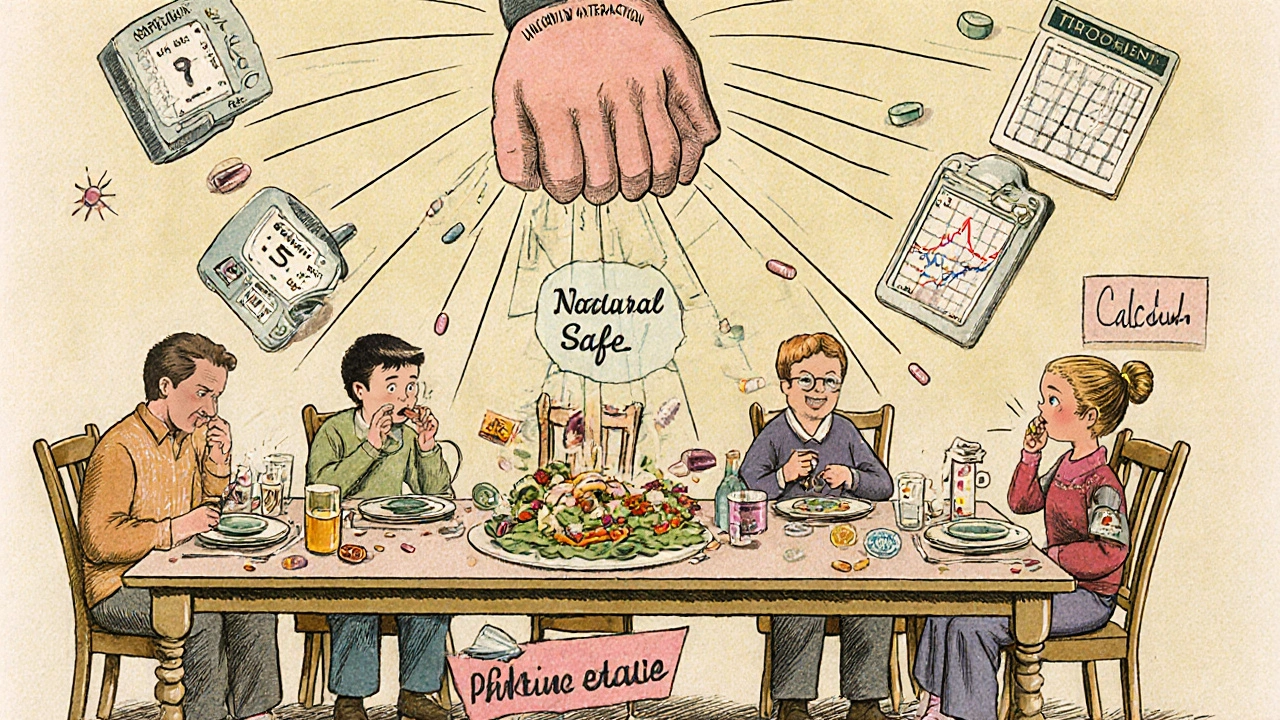
Who’s Responsible for Your Safety?
You are. No one else. Doctors don’t know what you’re taking. Pharmacists can’t warn you if you don’t tell them. Supplement companies aren’t required to list interactions. And the FDA won’t stop a product until someone gets seriously hurt - which could take years. The only way to protect yourself is to assume every supplement has the potential to interact. Ask yourself:- Is this supplement something I’ve discussed with my doctor?
- Do I know what’s actually in it? (Look for third-party verification like USP, NSF, or ConsumerLab.)
- Am I taking it because it’s "natural," or because there’s real evidence it helps?
- Could this interfere with my blood pressure meds, thyroid medicine, or chemotherapy?
What You Can Do Right Now
1. Make a list. Write down every supplement, herb, vitamin, and tea you take daily. 2. Bring it to your next appointment. Don’t just say "I take vitamins." Name them. Even if you think they’re harmless. 3. Check for third-party seals. Look for USP Verified, NSF Certified, or ConsumerLab Tested on the label. These mean the product was independently tested for ingredients and contaminants. 4. Stop assuming. Just because it’s sold in a health food store doesn’t mean it’s safe. Just because it’s organic doesn’t mean it won’t interact with your meds. 5. Use trusted sources. The NIH Office of Dietary Supplements and the National Center for Complementary and Integrative Health (NCCIH) offer free, science-based info. Only 12% of supplement users ever check them. Don’t be one of them.The Bottom Line
Natural products aren’t inherently safer than pharmaceuticals. They’re just less regulated. That’s not a feature - it’s a flaw. Some herbal remedies have saved lives. Many have helped. But many have also harmed - sometimes fatally - because people assumed they were harmless. The truth is simple: safety isn’t about where something comes from. It’s about what it does, how much you take, and what else you’re taking with it. If you’re on any medication - even something as common as high blood pressure pills or antidepressants - don’t add a supplement without talking to your doctor. Your body doesn’t care if it’s from a tree or a lab. It only cares if it works - or if it hurts you.Are herbal supplements regulated like prescription drugs?
No. Prescription drugs must prove safety and effectiveness through clinical trials before being sold. Herbal supplements are classified as dietary supplements under DSHEA, meaning they don’t need FDA approval before going on the market. The FDA can only act after harm is reported - which often takes years.
Can natural supplements cause liver damage?
Yes. Kava, green tea extract, and high-dose niacin have all been linked to severe liver injury. In some cases, this led to liver failure and transplant. Unlike pharmaceuticals, these reactions aren’t always tracked or reported, making it harder to know how common they are.
Why do doctors ask if I take supplements?
Because supplements can interact with medications in dangerous ways. St. John’s wort can make birth control fail. Garlic can increase bleeding risk with blood thinners. Even common vitamins like vitamin K can interfere with anticoagulants. Doctors need the full picture to keep you safe.
Is it safe to take supplements if I don’t have any health conditions?
Not necessarily. Many people take supplements "just in case" - like multivitamins or turmeric - thinking they’re harmless. But even healthy people can have hidden risks. Supplements can affect lab results, interfere with future surgeries, or cause side effects that aren’t obvious until they’re too late. Always talk to a provider before starting anything new.
How do I know if a supplement is quality?
Look for third-party verification labels: USP Verified, NSF Certified, or ConsumerLab Tested. These mean the product was independently tested for what’s on the label, contaminants, and potency. Only about 15% of major supplement brands have this certification. If it’s not there, assume the worst.
Do natural products have fewer side effects than drugs?
No. The number of reported side effects from supplements is lower - but that’s because they’re underreported. People don’t connect their headaches or nausea to a new herb. And unlike pharmaceuticals, there’s no system to track or study these reactions systematically. So while deaths from herbs are rare, that doesn’t mean they’re risk-free.

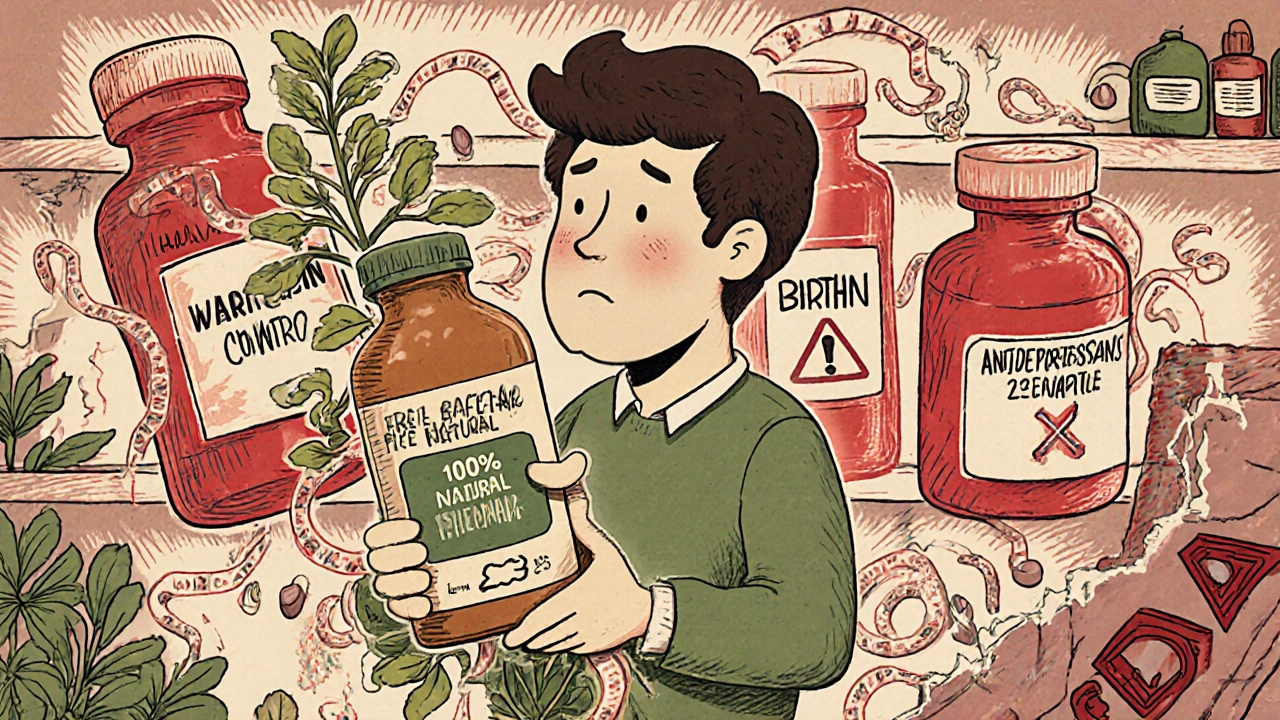
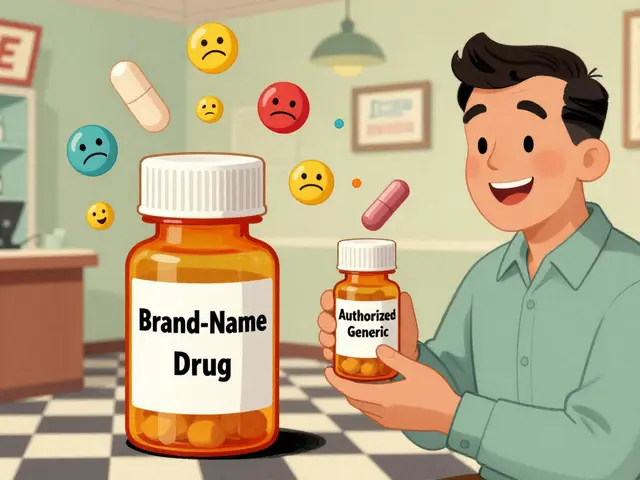

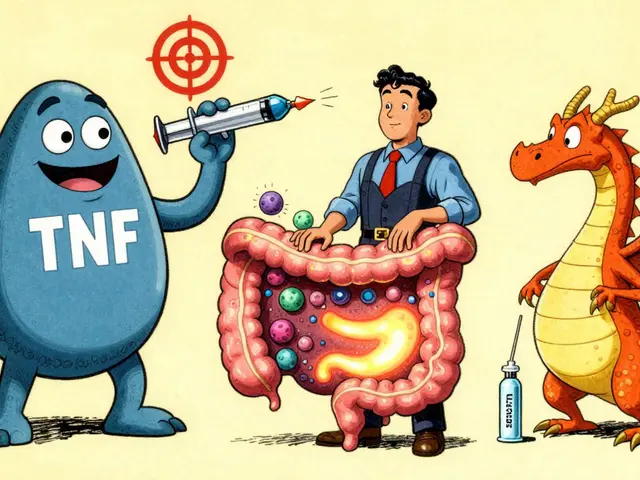
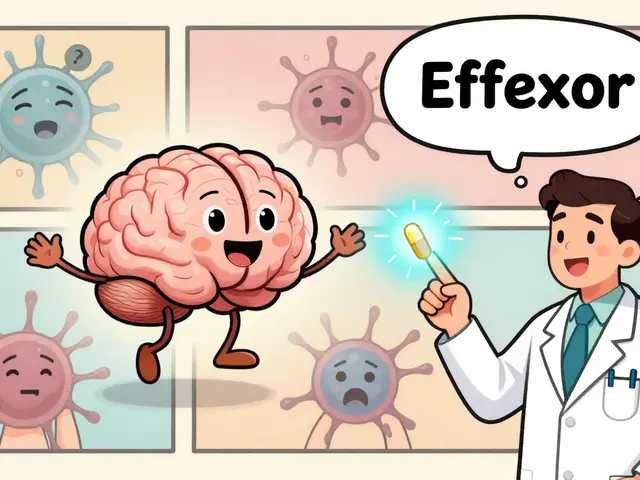
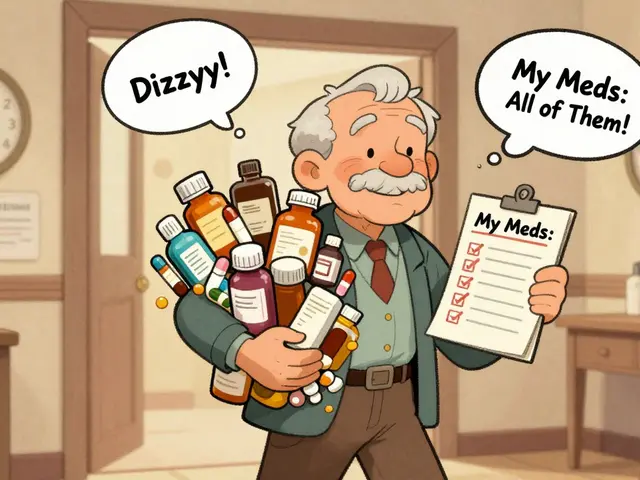
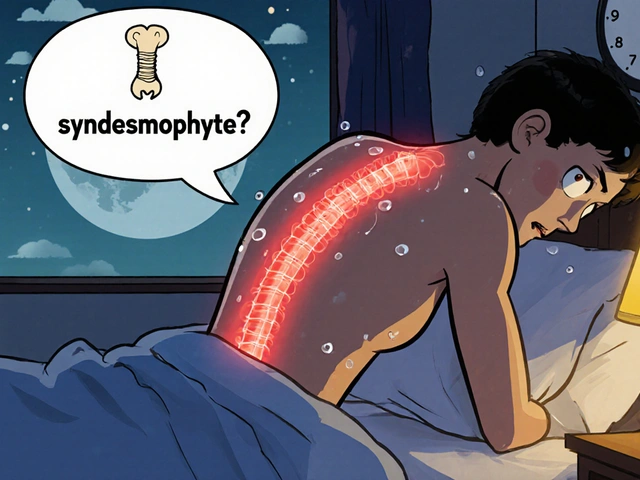
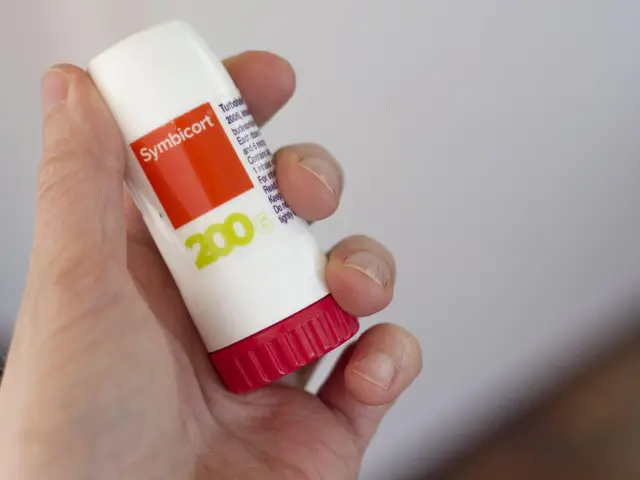
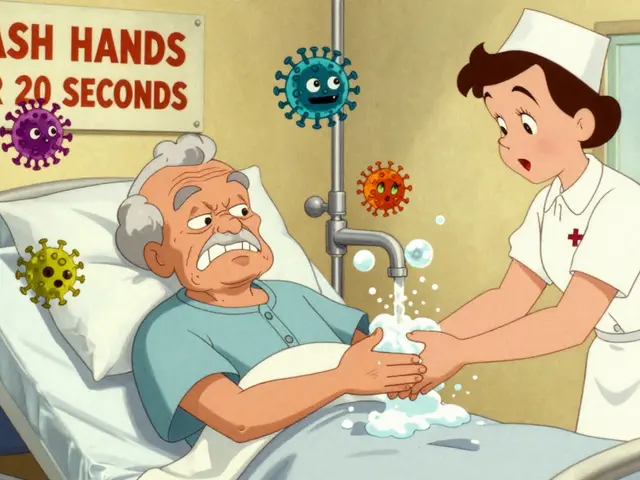
Okay but like… I took ashwagandha for a month and my anxiety vanished. No side effects. My doctor even said "cool, keep going." So don’t act like all supplements are poison. 🌿😎
HAHAHAHAHA. So you're telling me Big Pharma doesn't want you to know that turmeric cures cancer? Of course they don't. They make billions off chemo. The FDA is owned by Pfizer. You think that's a coincidence? 🤔
So natural = bad. Lab = good. Got it. Next you'll tell me oxygen is dangerous because it's a chemical. Lol. My grandma used garlic for everything. She lived to 98. What's your excuse?
They add synthetic estrogen to kale now. You think that's a coincidence? The government wants you sick. 💀
Bro just stop. You're not a doctor. I take 12 supplements and I'm fine. Your post is just fearmongering. 🤷♂️
While I appreciate the thoroughness of this post, I must emphasize that the absence of regulation does not inherently equate to danger. Many traditional herbal systems have been used safely for millennia. The issue lies in commercialization without standardization, not in the substances themselves.
Let me tell you about my cousin’s friend’s neighbor who took St. John’s wort with her blood pressure meds and ended up in the ICU for three weeks. She was fine before. Now she can’t walk right. And no one warned her. No one even asked. That’s the problem. It’s not about fear. It’s about ignorance. And ignorance kills. And the supplement industry? They’re fine with that. They don’t care. They just want your money. And your silence.
One might argue that the very notion of "natural" as a proxy for safety is a cognitive fallacy akin to believing that "organic" means "immune to entropy." The human mind is predisposed to anthropomorphize nature as benevolent - a relic of pre-scientific tribal cognition. The FDA’s regulatory gap is not a feature of capitalism - it is its logical conclusion. The real tragedy is not that people die from herbs - it is that they die because they believe they are being prudent.
Oh wow, so you're saying I shouldn't take my "miracle" turmeric pills? I just spent $80 on them! I'm not giving them up! I've got 5000 reviews saying they're life-changing! Who are you to tell me what to take?! 😤
My mom took ginkgo for her memory and now she remembers every single thing she ever did since 1987. Even that time she stole a cookie from the neighbor. It's called clarity. You call it risk. I call it enlightenment. 🙏
OMG I just realized I’ve been taking green tea extract with my antidepressants… I’ve been having weird headaches. Should I stop?? 😳 I’m so scared. I just wanted to be healthier. 😭
That’s exactly why you need to talk to your pharmacist - not Reddit. They can check for interactions in seconds. And yes, stop the green tea extract. It’s not worth the risk. You’re doing the right thing by asking. 💪
Did you know the FDA has a secret database of all supplement deaths? They bury it. They don’t want you to know. The same people who regulate your meds are the same ones who profit from your ignorance. Wake up. The system is rigged. 🔥
they put fluoride in the water to make you dumb so you dont question your supplements but the truth is the earth is flat and your liver is a hologram
Thank you so much for saying that. I’m going to my doctor tomorrow. I’m scared but I’m doing it. 🤗